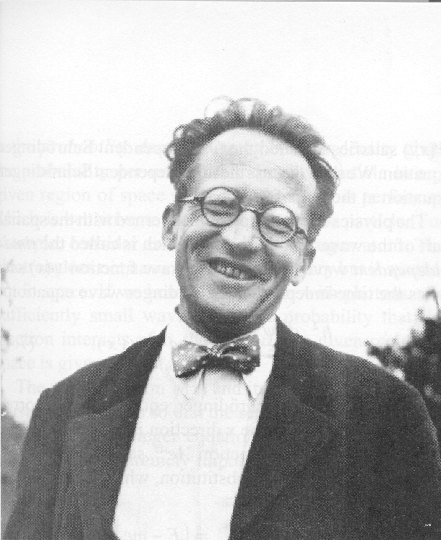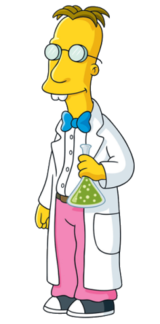Most of it is engaging enough, and the author (John Cornwell) clearly did a ton of research. And he also clearly has strong views. That's fine, unless it gets in the way of accuracy. Unfortunately, once or twice that seems to be the case. It's the prosecution brief I have most trouble with; the author is obviously convinced that Wernher von Braun and Werner Heisenberg were firmly in the Nazi camp during WWII, despite both having received at least partial exoneration after the event. And he might be right. He makes a reasonable case for Heisenberg, not least of which from the transcripts from post-war conversations at Farm Hall in England.
But the case against von Braun depends (in part) on an interpretation of the Himmler's motives for arresting him in March 1944. After a chapter full of carefully footnoted observations and explanations, it's surprising to have it end abruptly (and with an implied triumphant exclamation mark) like this:
[The arrest] bolstered his image as a scientist who had doggedly maintained a non-political stance and who was even credited with having been persecuted by the SS. The truth of the matter was that Himmler had perpetrated the allegation in order to take over the [V2] project.No footnote. Odd, because that's a very important claim. Instead, the next chapter switches tack entirely, as if we're supposed to think 'well, thats von Braun wrapped up'. But we aren't quite finished with him. Later on, we find this anecdote:
A token of a refusal to forget occurred on the eve of the Apollo moon-shot, when von Braun strode out of a press conference on being asked by a journalist whether he could guarantee that the rocket would not land on London.That's a funny story, albeit with dark undertones. But it seemed a bit pat and it didn't quite ring true to me. So I went looking for the source, figuring that a NASA press conference on the Apollo program was likely to be well documented. I found out that the Q&A story is a bit of an urban folktale. As near as I can tell, the quip about London actually belongs to comedian Mort Sahl, who commented that von Braun's autobiography 'I aim for the stars' should be subtitled 'but sometimes I hit London'.
I also found this in an archive of Life magazine:
There was one tale every reporter had heard. "Tell me, Dr. von Braun" a correspondent is reported to have said, "what is there to keep a Saturn V from landing on London"? Von Braun was reported to have walked out of the room. But the story was doubtless apocryphal; it smacked of reporters' bile. (LIFE Aug 29, 1969).Don't get me wrong - von Braun's undoubted involvement with slave labour is more than enough to cast a shadow over the man and (alas) over the Apollo program he later led. But I like my history to be rigorous, and when I find undocumented major claims and urban myths paraded as fact, I'll wait for something more definitive.
Footnote: Erwin Schrödinger is the inspiration for Professor Frink. You know I'm right.


Separated at birth?